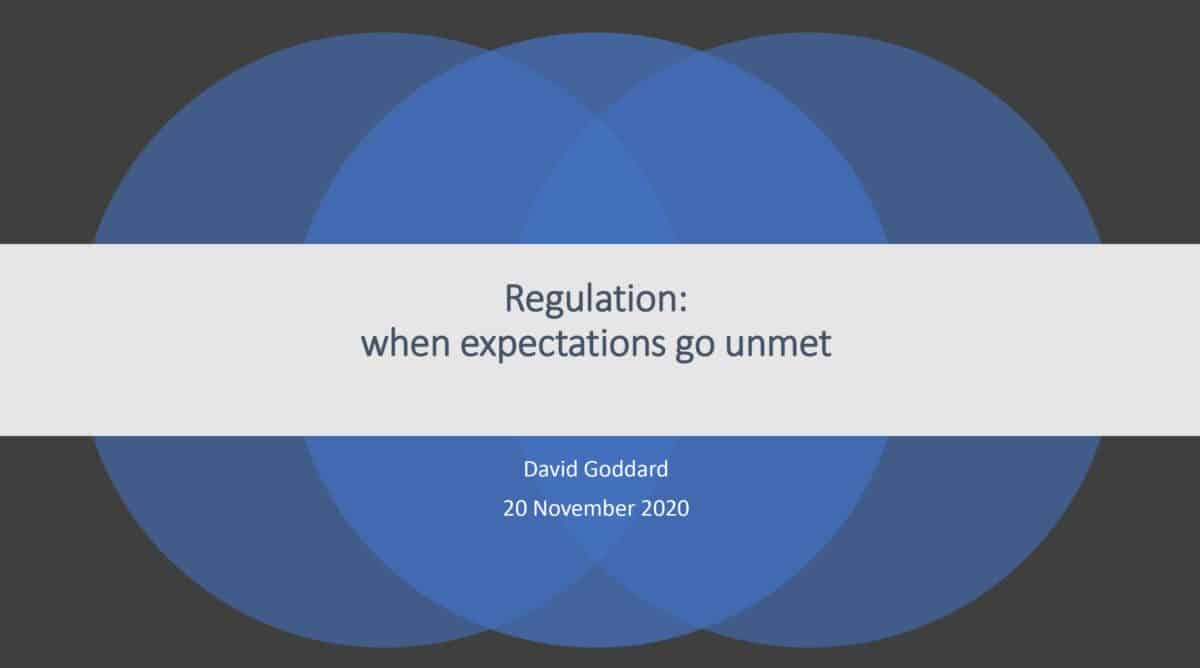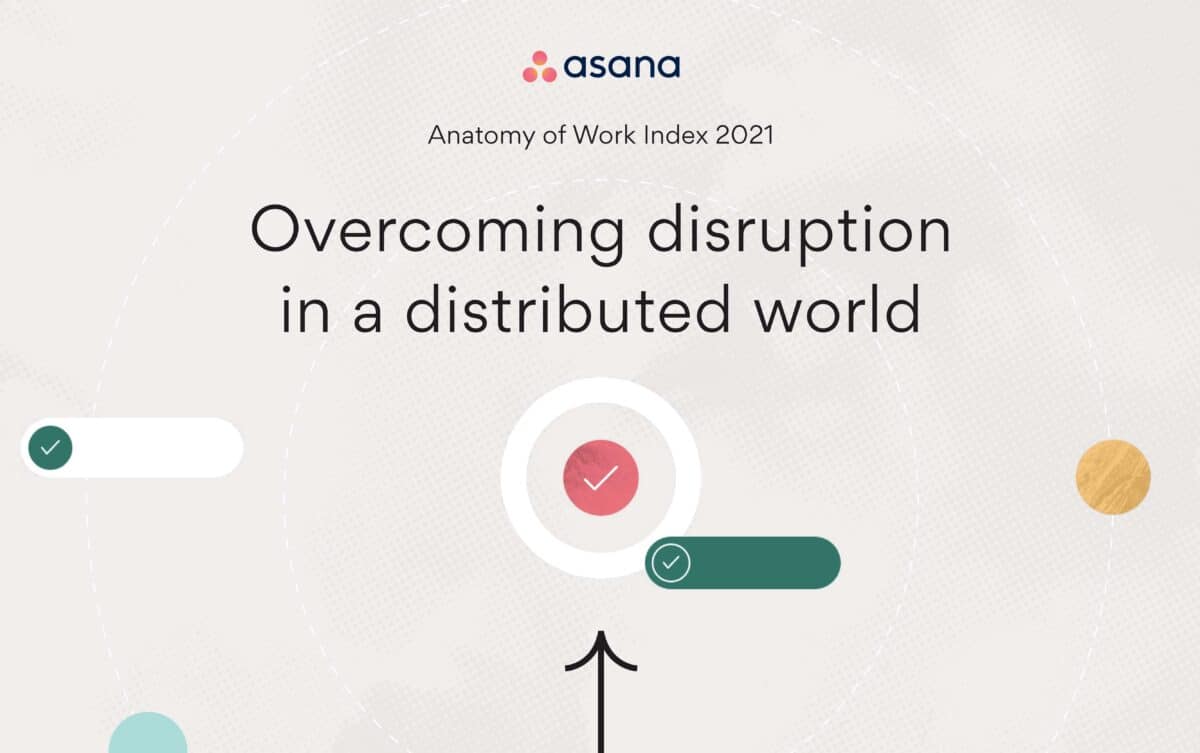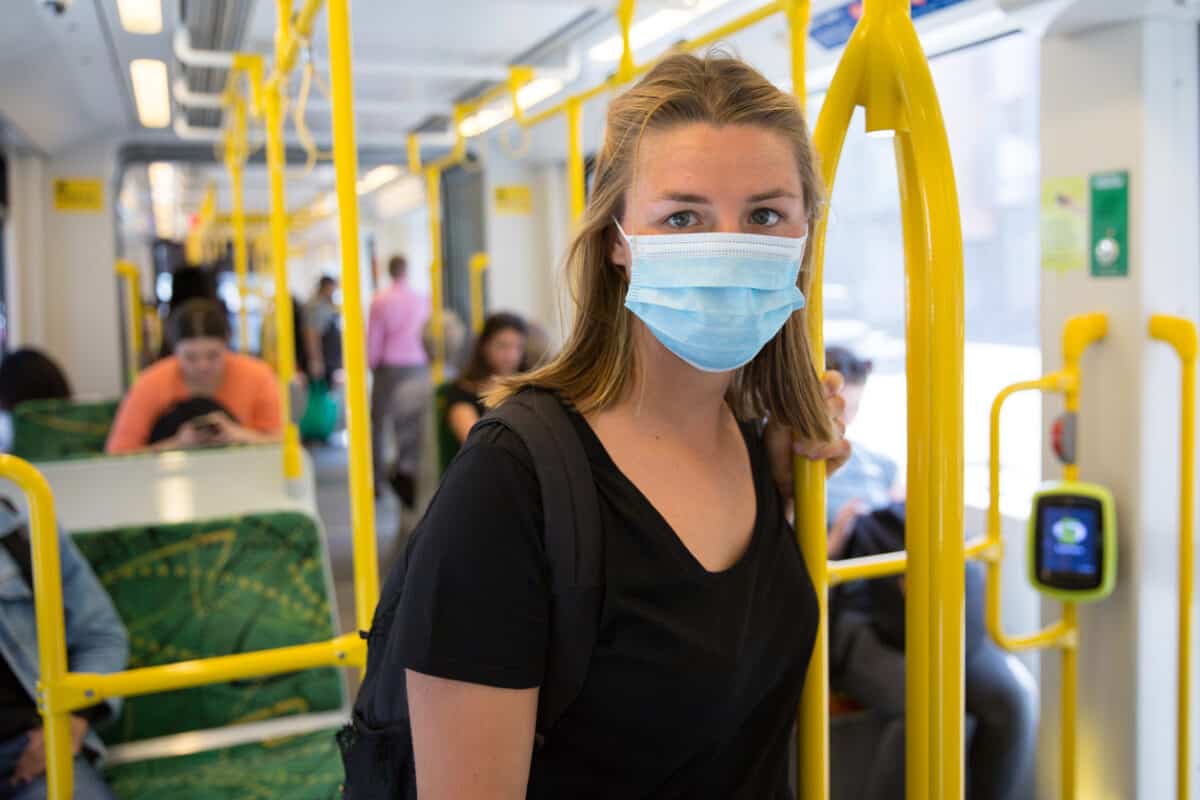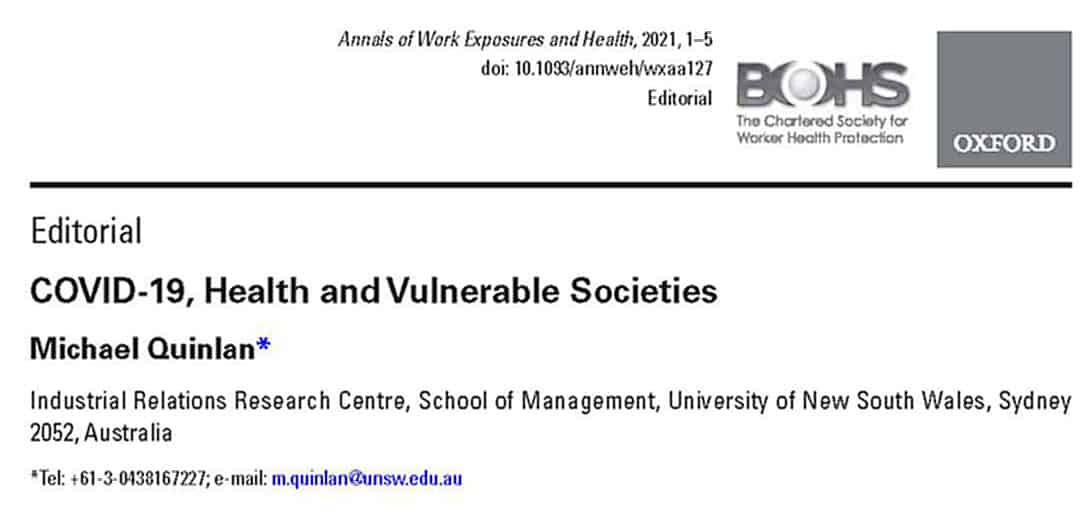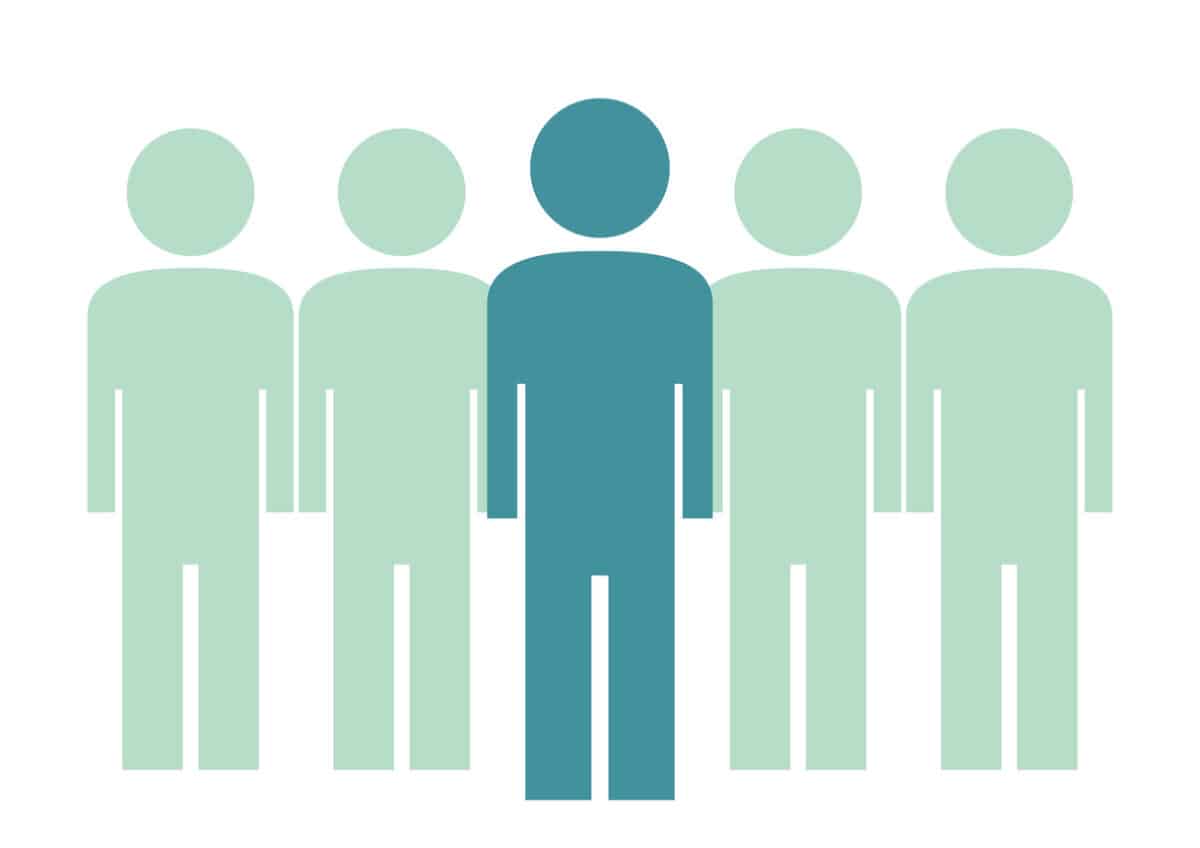At the2020 Australia and New Zealand Society of Occupational Medicine (ANZSOM) annual scientific meeting, Dr David Goddard spoke about “Regulation: when expectations go unmet”. In a wide-ranging presentation Goddard spoke of Australia’s occupational health and safety (OHS) laws touching on a couple of contentious governance issues:
“…… Robens-inspired law introduced the employers’ general duty of care with responsibility for self-regulation. Indeed, self-regulation is essential. Without self-regulation, duty of care simply becomes a game of who to blame if things go wrong.”

